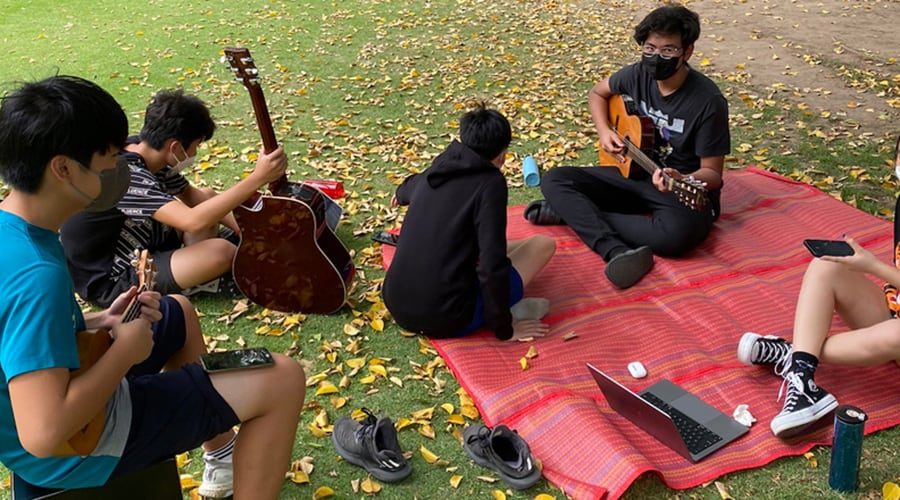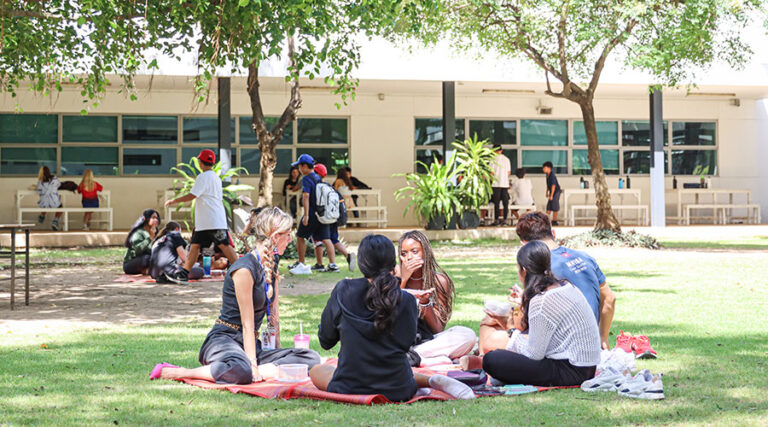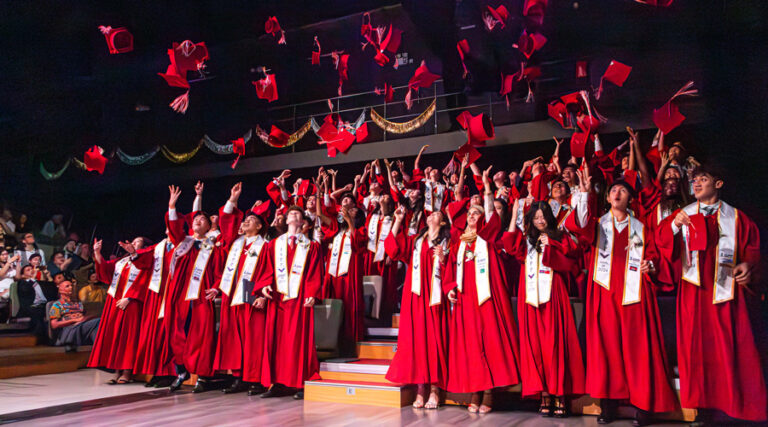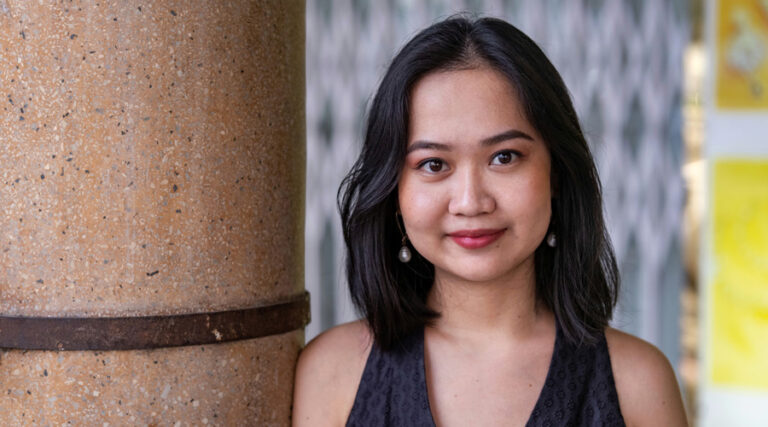At the start of the year, two ideas formed the basis of conversations as we considered how we could make the best use of the Friday afternoons
In 2004, Alphabet (the company that owns Google) explained its “20% time” just before they launched their IPO to the world (Murphy, 2020). The idea behind the 20% time was that employees were given time to explore their interests, and passions and have the freedom to inquire into things that mattered to them.
In Kindergarten learning spaces all over the world, play-based learning is held in the highest regard. Play-based learning is “child-led and open-ended” (Vogel, 2017) and, once again, is offered to allow children to explore, be creative and learn about the things that interest them.
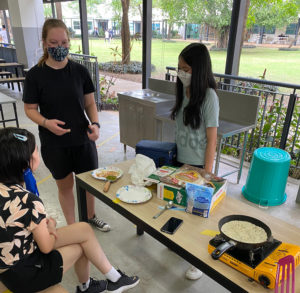
At the start of the year, these two ideas formed the basis of conversations that took place in Secondary school as we considered how we could make the best use of the Friday afternoons that were usually reserved for Global Citizenship (GC) time.
Ms Lizzie Hodge (Grade 12 Lead Advisor and Learning Leader for the Arts) stepped into the conversation and the ideas started to build. We considered ways in which we could give Secondary school students the freedom to explore; how we could create space and time for students to practise, refine and enhance the Approaches to Learning (ATLs) that we hold in such high regard as an IB school. We wanted to give students the agency, autonomy and permission to take their learning in whatever direction they wanted.
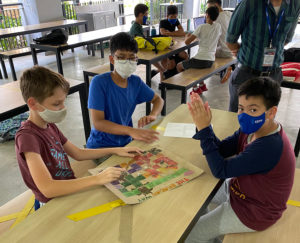
And so, our Friday afternoons became a time for students to lead their own learning, follow their passions and explore their interests. In Grade 6, the “clubs” concept blossomed under the guidance of Mr Jon Banules and the Grade 6 advisory team. Grade 7 and Grade 9 took on passion projects with a loose affiliation to the Personal Project structures. Grade 8 revived the community project and Grade 10 were provided dedicated time for their Personal Project journey.
Students cooked, learned musical instruments, created cartoons, built gardens, developed board games, trained their sports skills and so much more. Some students worked independently, some came together with friends, and some made new friends. Not every project was a success but, very often, the greatest learning comes from mistakes, failures or overcoming complications. We are so proud of our students for the way that they engaged in our take on 20% time and how they learned through exploration.
Lee Hole | Secondary School Principal
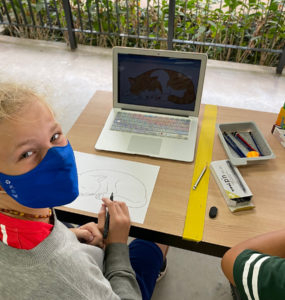
References:
Murphy, B. (2020); Google Says It Still Uses the “20-Percent Rule”, and You Should Totally Copy It; Inc.com
Vogel, M. (2017); What is play-based learning?; Wonderschool
